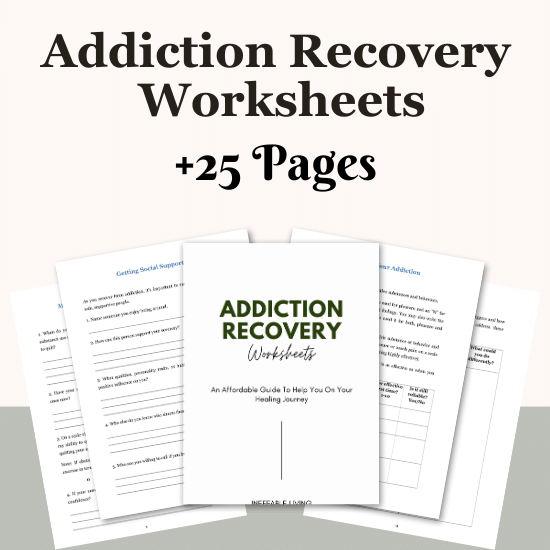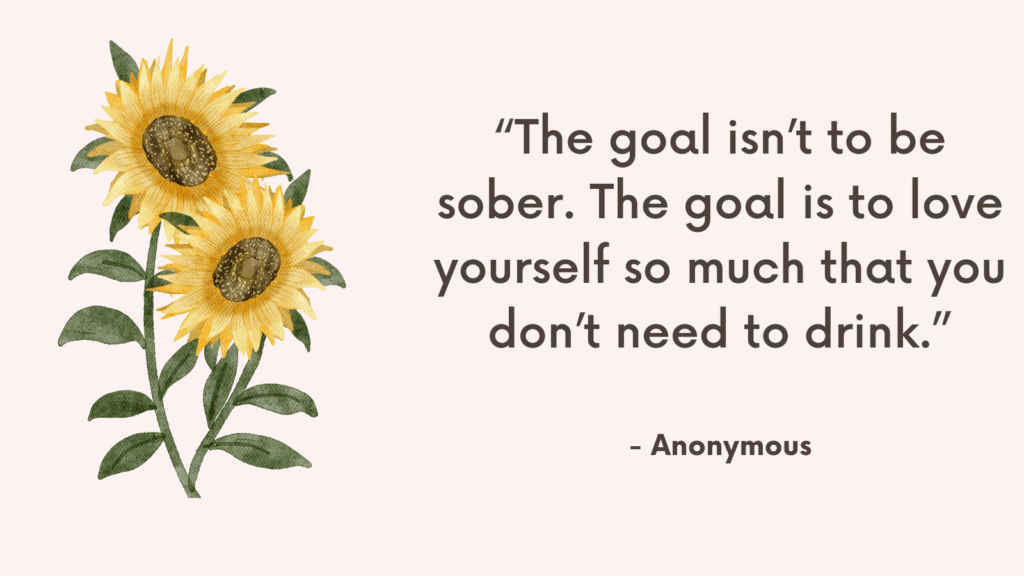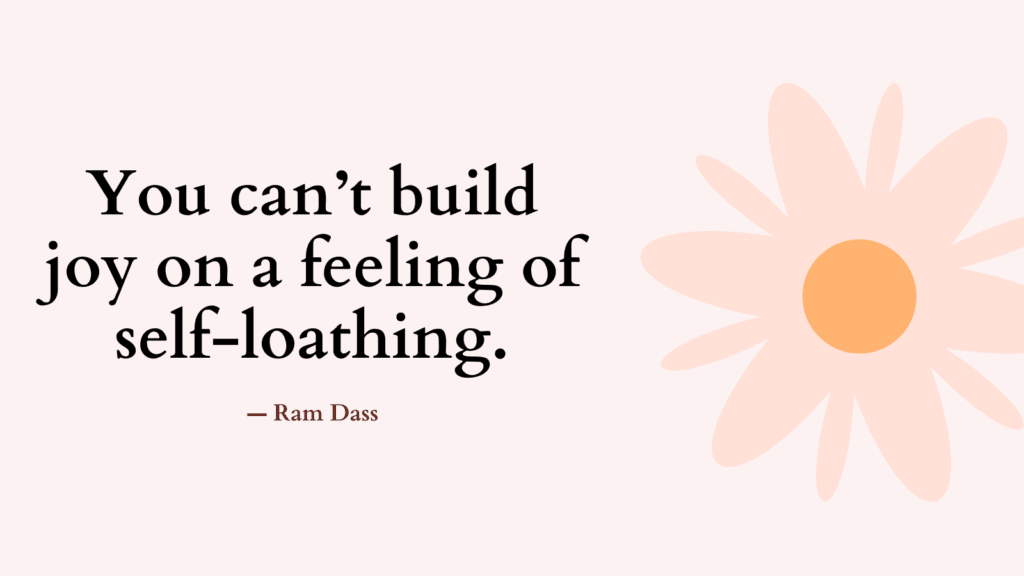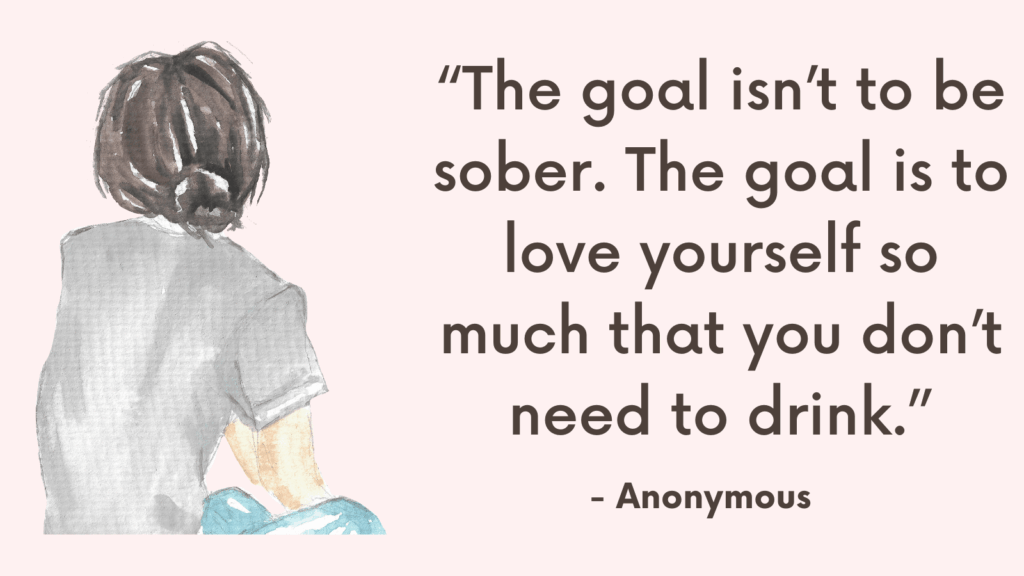Sobriety thrives on structure, consistency, and intention. Without a daily routine, it’s easy to slip into boredom, isolation, or chaos — all of which can trigger relapse. A well-designed routine doesn’t just keep you busy; it keeps you grounded, focused, and emotionally balanced.
Here’s how to build a daily routine that actually supports your recovery.
What Is Sobriety?
Sobriety is the state of living without the use of alcohol or drugs. It is a personal commitment to abstain from substance use and often marks the beginning of a deeper transformation that touches every area of life. Sobriety is more than just not using — it is an active, intentional lifestyle that supports physical, mental, emotional, and spiritual health.
1. Abstinence From Substances
At its core, sobriety involves complete abstinence from alcohol, recreational drugs, and any substances that impair the mind or body. This means staying away from all forms of intoxication, including occasional or social use.
2. A Daily Commitment to Recovery
Sobriety requires daily effort. It often includes following a recovery program, attending support groups, working with a sponsor or therapist, and maintaining accountability. Each day sober is a deliberate choice supported by structure and intention.
Related: What Is Emotional Sobriety and How to Achieve It? (+FREE Worksheets)
3. Physical Health and Healing
Sobriety allows the body to heal from the damage caused by substance use. This includes improved sleep, restored organ function, clearer skin, balanced hormones, and better energy levels. Many people adopt healthier eating and exercise habits as part of their sober lifestyle.
4. Emotional Regulation
Living sober means learning to handle emotions — stress, sadness, anger, and even joy — without relying on substances. It involves developing coping skills, managing triggers, and building emotional resilience over time.
5. Mental Clarity
Substance use clouds judgment, blurs memory, and impairs decision-making. Sobriety restores cognitive function, allowing for clearer thinking, better focus, and more informed choices.
6. Spiritual Connection
For many, sobriety is a spiritual journey. It may include prayer, meditation, mindfulness, or faith-based practices. Spirituality in sobriety is often about finding meaning, purpose, and peace beyond external highs.
7. Rebuilding Relationships
Sobriety involves making amends, rebuilding trust, and forming healthy, supportive connections. It also requires setting boundaries and distancing oneself from toxic or enabling relationships.
Related: How to Break the Addiction Cycle? [Definitive Guide]
8. A New Identity and Lifestyle
People in sobriety often redefine who they are and how they live. They discover new hobbies, social circles, goals, and routines. Sobriety becomes part of a new identity rooted in self-respect and conscious living.
9. Handling Relapse and Setbacks
Sobriety involves understanding that setbacks can happen. A lapse doesn’t erase progress — what matters is how one responds. Learning from relapse, seeking support, and returning to recovery practices are all part of the process.
How to Build a Daily Routine That Supports Sobriety?
1. Set a Consistent Wake-Up Time
Start your day with intention. Waking up at the same time every day helps regulate your body’s internal clock and reduces morning chaos. Begin your morning with a calming ritual — deep breathing, reading a recovery affirmation, or offering a prayer of gratitude.
Avoid hitting the snooze button, as it can disrupt your rhythm and reduce motivation. Commit to getting up as soon as your alarm rings to start your day with clarity and purpose.
Related: 4 Stages of Addiction (+FREE Worksheets)
2. Practice Morning Self-Care
Nourish your body with a balanced breakfast that includes protein, whole grains, and fruit. A stable blood sugar level reduces cravings and mood swings.
Incorporate gentle movement like stretching, yoga, or a brisk walk. Physical activity boosts endorphins and reduces anxiety, helping you start your day with energy and focus.
3. Schedule Recovery-Focused Time
Make time each day to attend a recovery meeting, whether in person or virtual. These connections offer support, encouragement, and accountability.
Set aside 10–15 minutes to journal about your sobriety. Write down your thoughts, triggers, moments of gratitude, or reflections. This helps you stay grounded and aware of your emotional landscape.
4. Build a Work or Activity Block
Structure your main work hours around a purposeful activity — a job, volunteer work, or a hobby. Staying engaged prevents idle time, which can be a vulnerability in early recovery.
Schedule regular breaks throughout the day. Use this time to step outside, practice deep breathing, or do something light and enjoyable to reset your mind.
Related: Top 9 Excuses For Not Drinking
5. Plan for Nutrition and Hydration
Eat three regular meals with healthy snacks in between. Avoid long gaps without food, as hunger can easily be mistaken for cravings.
Stay hydrated. Keep a water bottle nearby and aim to drink at least 8 cups of water daily. Dehydration can affect mood, energy, and focus.
6. Incorporate Stress-Reduction Techniques
Use mindfulness or meditation to manage stress and stay emotionally balanced. Even 5–10 minutes a day can make a big difference.
Include calming activities like reading, drawing, listening to music, or spending time in nature. These can soothe your nervous system and offer natural pleasure.
7. Create Healthy Social Connections
Reach out to someone you trust daily. Connection helps prevent isolation, which can be a major relapse trigger.
Avoid high-risk individuals or environments that jeopardize your recovery. Set boundaries to protect your sobriety and peace of mind.
Related: What Is Emotional Addiction & How to Overcome It
8. Reflect and Wind Down at Night
Take a few minutes in the evening to reflect on your day. Note any wins, struggles, or insights. This reflection builds self-awareness and reinforces progress.
Establish a calming bedtime routine. Go to sleep at the same time each night. Limit screen time, and do something relaxing like journaling or listening to soft music before bed.
9. Keep Your Environment Supportive
Keep your space tidy and organized. A clutter-free environment can help reduce mental fog and stress.
Display positive reminders throughout your home — quotes, recovery milestones, or images that reflect your sobriety goals and values.
10. Adjust as Needed
No routine will be perfect every day. Be flexible and allow yourself to adapt when necessary. What matters is consistency over perfection.
Reevaluate your routine each month. Add practices that uplift and inspire you, and remove habits that no longer serve your sobriety.
Related: How to Avoid Addiction? Top 9 Things You Can Do

Conclusion
A recovery-supportive routine is not about perfection — it’s about intentional living.
Every structured hour is a small act of self-respect.
Every positive habit is a brick in your foundation.
And every day you follow your routine, you’re not just staying sober — you’re building a life that makes sobriety worth it.



